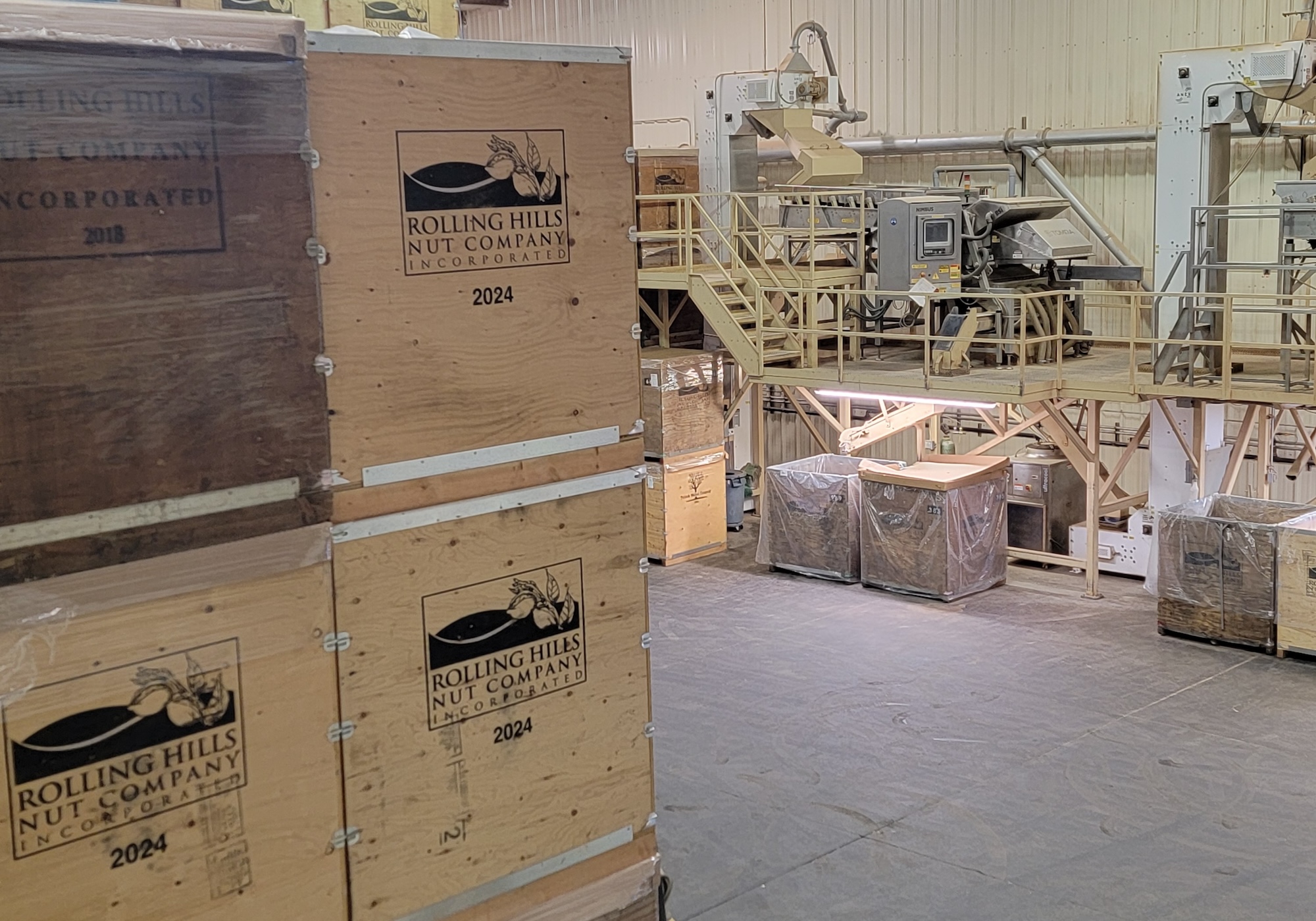- B101 & B102 Old Testament Survey I & II (6 units)
- B121 Essentials of Christian Thought (3 units)
- B201 & B202 New Testament Survey I & II (6 units)
- BTH321 & BTH322 Christian Theology I & II (6 units)
- Bible Elective: Choose one elective course (3 units)












